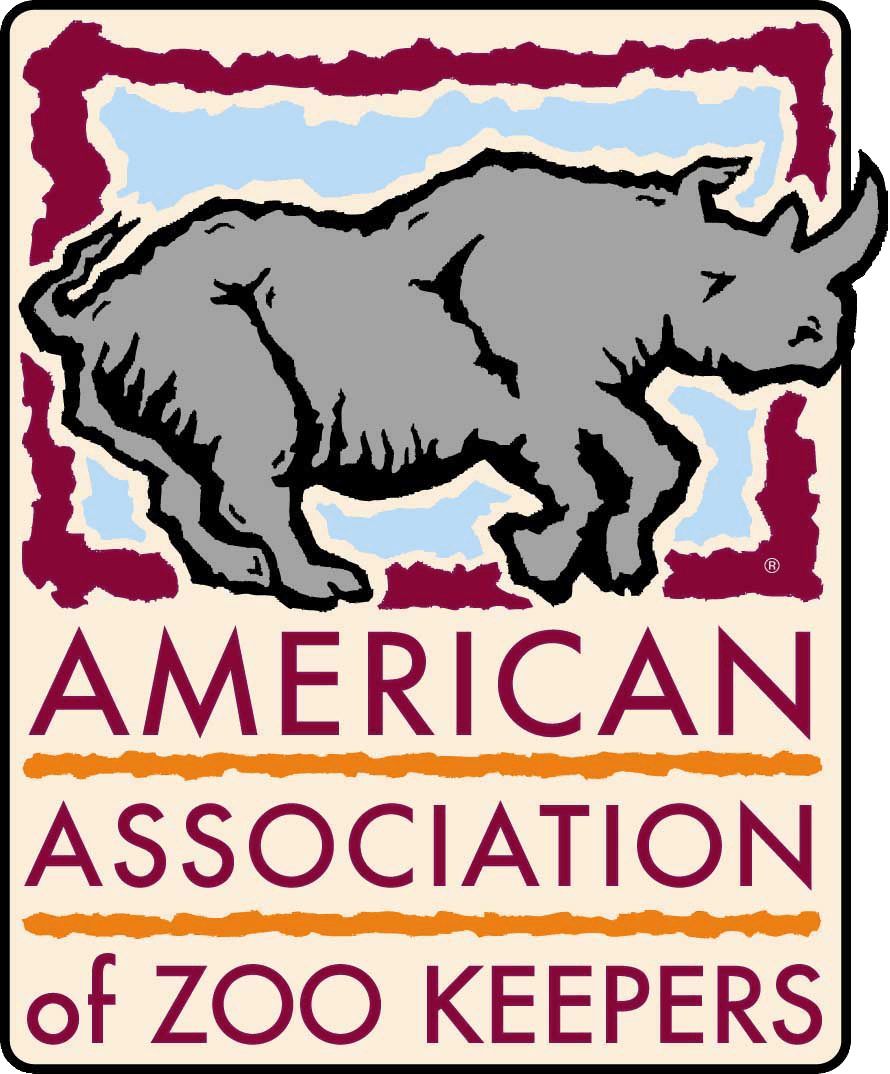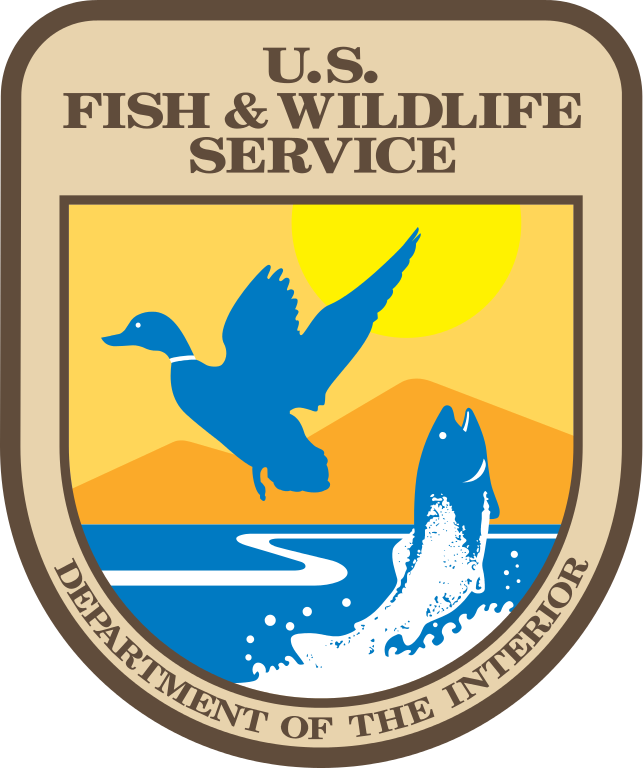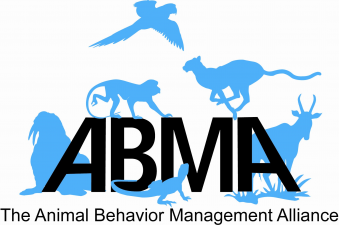Animal adoption (rather than purchase) makes sense for many families! We do not currently adopt out animals, but are happy to recommend some local and national organizations where you can find your next best friend! (And scroll down for information about purchasing from a breeder.)
Where to Find All Animal Species:
- Your local city shelter.
- In Hampton Roads and nearby locations, city shelters include:
- City shelters receive government funding and thus are required to take in all breeds and species, not just dogs and cats. Exotics, unfortunately, are often euthanized or transferred quickly because they simply don’t have the resources to care for them. Animal control and city shelters are NOT the villains here! The people who work there are animal lovers who do their best with the resources they have.
- Let them know that you are interested in a certain type of animal. That way, they can keep your information on file and you can save a life the next time an exotic is surrendered.
- Your Local SPCA or Humane Society
- To find your local SPCA or Humane Society, simply google “your city, state + SPCA/Human Society
- Here are some local SPCA and Humane Society locations in Hampton Roads:
- Norfolk SPCA
- Peninsula SPCA (Newport News / Hampton)
- Portsmouth Humane Society
- Virginia Beach SPCA
- Heritage Humane Society (Williamsburg)
- Gloucester Mathews Humane Society
- Chesapeake Humane Society
- Suffolk Humane Society
- Like with city-run shelters, they mostly have dogs and cats at the SPCA and Humane Society shelters. However, if you let them know you are looking for a certain species, they can help you find an animal to rescue or keep your info on file so you can save a life when one comes in.
Where to Find Reptiles
(Please note, this is simply a list of resources, not an endorsement of any independent shelter. We remove shelters if we have direct knowledge of misconduct, but in many cases, we do not have inside knowledge about an organization. Do your own research!)
- Often, if you google “your city, state” + reptile rescue, local and independent nonprofits will pop up.
- V.I.P.E.R. Inc. (located in Hampton Roads)
- Blue Ridge Reptile Rescue (located in Fairfield, VA)
Where to Find Bunnies and Other Exotic Mammals
(Please note, this is simply a list of resources, not an endorsement of any independent shelter. We remove shelters if we have direct knowledge of misconduct, but in many cases, we do not have inside knowledge about an organization. Do your own research!)
- House Rabbit Society’s list of rabbit rescues – this is a great place to start if you are searching for a bunny
- Cavies and Canines – This rescue began in Hampton Roads, but has since moved to Colorado. They do still have some contact with local adoption groups, however, so if you are looking for a guinea pig, reach out to see if they have info about any looking for homes locally.
- Nirvana Ridge Ferret Rescue – located in Brandy Station, VA, with contacts and foster homes throughout the state
Should you Adopt a Pet from Craigslist?
Craigslist is filled with pets looking for new homes. Should you adopt from one of these listings? Here a few things to consider:
- Not every person is honest about a pet’s health. Ask a LOT of questions and get vet records. Exotic animals are notorious for looking and even acting fine, but having underlying health issues that come out later. If the animal hasn’t been to a vet, this is a red flag.
- Sometimes you are not adopting, but rather buying from a breeder. Unethical breeders will often use the term adopt and imply that you are rescuing an animal in need. This happens not just with babies, but also with older animals that are past the breeding age. Again, ask a lot of questions and get vet records. Also, take a minute to call their vet and ask if they think this person is a breeder misrepresenting themselves or just a pet owner trying to find a new home due to unforeseen circumstances.
- Yes, it is common for people to ask for a rehoming fee. We actually recommend it to anyone who is going to list a pet on Craigslist, since it helps ensure a good home and prevent the sale of “bait” animals.
- Interact with the pet before adopting it. When possible, plan your visits somewhere public. If you are going to a person’s home, make sure you don’t go alone. You want to look for behaviors that indicate an animal is healthy and properly socialized for the species. Remember, an animal might be scared when meeting a new person or in a new environment.
- Sign a contract or receipt of some sort. Even if you simply right something on a piece of notebook paper that you both sign to indicate the transfer of the animal, it will help protect you and verify that the animal is now your property.
Should You Buy a Pet from a Breeder?
You might be surprised to know that we don’t think all breeders are bad! In fact, there are some great ethical breeders out there. Here are some reasons you might want to pick a breeder instead of adopting from a rescue:
- You can’t find the species of pet you want. Please exhaust all resources first! However, there are some species that are not commonly found in shelters for various reasons. For example, amphibians are extremely sensitive to their environment, so they often pass away if they are in a bad home or do not survive the transfer. Every species is different.
- The individual animals in shelters near you are not a good fit. Not every animal is right for every person. The sad fact is that many rescues have health and behavioral issues, which you may not be prepared to handle. Go with an animal that is a good fit for your family, even if that means choosing a breeder instead of working with a rescue. (But keep an open mind! We’ve found that animals with behavioral issues in shelters often are like different animals once they are in a loving home! Not every rescue animal has issues.)
Not all breeders are ethical. Some common issues with exotic breeders include:
- Not giving you all the facts about a specific species and they care needs
- Not giving you all the facts about the health or behavioral problems with an individual animal
- Providing little to no guarantee about the health of an animal
- Breeding their females too often
- Breeding related animals, causing genetic defects (either purposely to get certain desirable traits or accidentally due to lack of records)
- Not having the required permits (i.e. illegal “backyard” breeders)
Consider it a red flag if a breeder had a massive number of animals, cannot or will not provide paperwork, or is vague in answering your questions. A good breeder will always answer questions directly and in detail.
The BIGGEST issue with breeders (even those who are providing good care for their animals) is that they do not always ensure you are the right home for the animal. If you have the cash, you are the right home in their eyes. This is part of the reasons why shelters are so full! A good breeder will always ask YOU questions about your home and lifestyle to make sure you are a good fit.
We do not provide a list of good versus bad breeders. However, we encourage you to ask lots of questions and also ask other animal owners in the area what they think. Local Facebook groups dedicated to your favorite species is a great way to connect with people who can give you breeder recommendations.








